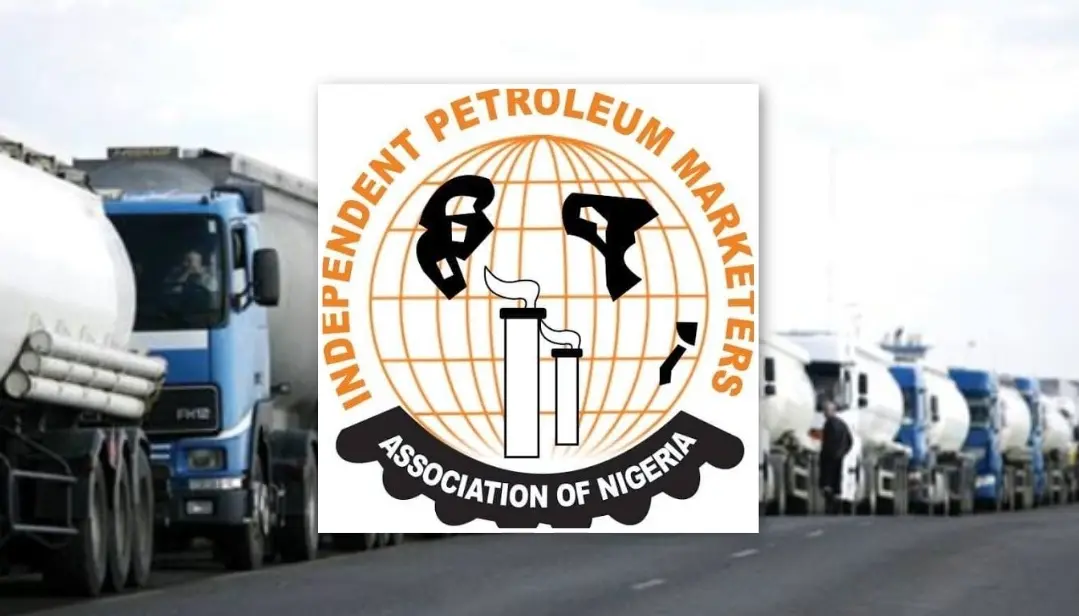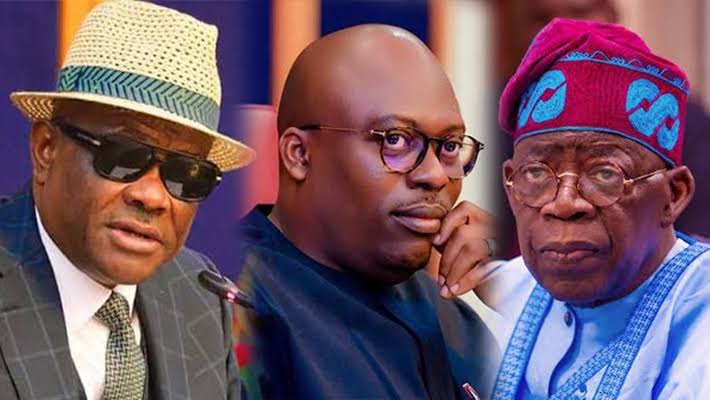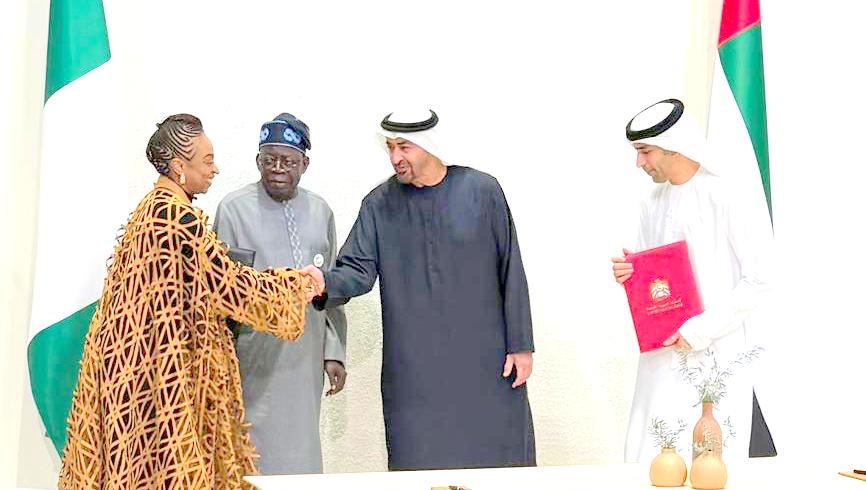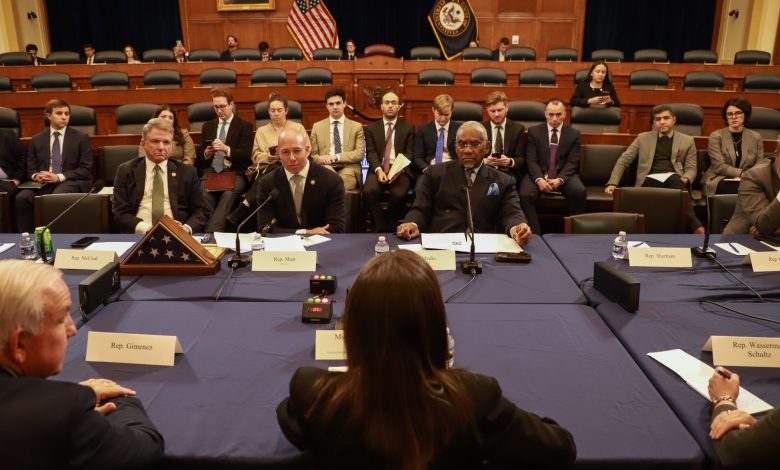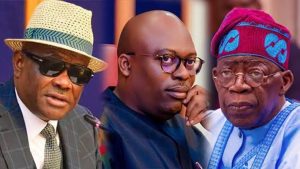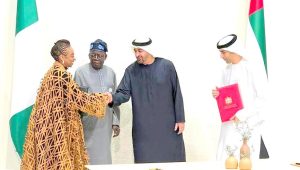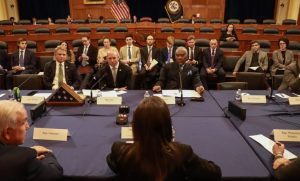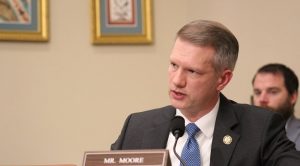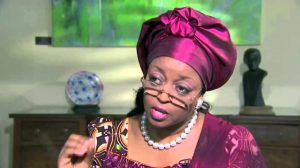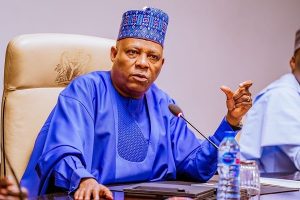Fuel Price Hike: Marketers Give Conditions to Buy Dangote Petrol, Eye Import
Fuel Price Hike: Marketers Demand Transparency and Explore Importation Amid Price Uncertainty
Petroleum marketers in Nigeria are reportedly caught in a state of uncertainty over the ongoing controversy regarding Dangote Refinery‘s Premium Motor Spirit (petrol) pricing, as revealed by the Nigerian National Petroleum Company Limited (NNPCL) on Monday. PulseNets has learned that marketers are demanding Dangote Refinery disclose the price at which it sold petrol to NNPCL, emphasizing the need for transparency.
Marketers further pointed out that the nation’s domestic petrol production is insufficient to meet its daily consumption of 50 million liters, according to the latest data from the Nigerian Midstream and Downstream Petroleum Regulatory Authority.
In separate interviews with PulseNets, the President of the Petroleum Products Retail Outlets Owners Association (PETROAN), Billy Gillis-Harry, and the President of the Independent Petroleum Marketers Association of Nigeria (IPMAN), Abubakar Maigandi, echoed these concerns.
Fresh Fuel Price Hike Expected
On Monday, NNPCL announced a new list of retail prices for Dangote Refinery’s petrol across its outlets nationwide. PulseNets reported that petrol prices in Lagos State will be N950.22 per liter, while Oyo and other South West states will see prices at N960 per liter. In the Federal Capital Territory (Abuja), Kano, and Kaduna, petrol will be sold at N999.22 per liter. Imo and Rivers states will have a price of N980.2, while Borno State will pay N1,019.22 per liter.
Although the new prices have not yet taken effect, PulseNets learnt that a potential price hike may soon hit petrol stations across the country. Notably, NNPCL has yet to announce the price at which it will sell Dangote Refinery petrol to independent marketers, who own the majority of filling stations nationwide. As a result, the price of petrol at independent marketers’ stations may exceed NNPCL retail outlets by over N100, potentially pushing prices up to N1,200 per liter.
Dangote Petrol Price Controversy
The controversy over petrol pricing erupted when Dangote Refinery began its first distribution of petrol over the weekend, with NNPCL acting as the official offtaker. NNPCL disclosed that Dangote Refinery sold petrol to them at N898 per liter. However, PulseNets reported that the Dangote Group disputed this figure, without revealing the actual selling price, leading to confusion within the sector.
Call for Transparency from Dangote Refinery
Reacting to the situation, Gillis-Harry told PulseNets, “Dangote Refinery should tell us what price it is selling its petrol since NNPCL has given its selling price. We should be able to know exactly what price that is coming from Dangote Refinery Petrol to us. We should know how NNPCL will deal with us. As it is now, we are standing in limbo.”
NNPCL Yet to Release Dangote Petrol Price for Marketers
Similarly, IPMAN President Maigandi expressed his dissatisfaction with the lack of clarity, telling PulseNets, “We are waiting for NNPCL to release prices that independent marketers will be buying petrol. They have not. We are buying directly from NNPCL, not Dangote Refinery. Marketers can cope without any rate. We, marketers, are not happy with the high cost of petrol because you have to use a huge amount of money to get the product.”
Maigandi further urged the government to ensure that all refineries, including Dangote’s, function properly, as this would likely reduce petrol prices.
Also Read: NNPC’s $6 Billion Debt Crisis: Looming Fuel Price Hike and Nationwide Shortages
Nigeria’s Dependence on Petrol Importation
When asked if marketers would resort to importation due to the high cost of Dangote Refinery petrol, Gillis-Harry informed PulseNets, “Dangote Refinery is producing about 25 million liters a day. That is just about 15,000 metric tonnes which is less than one cargo. NNPCL has been selling so many cargoes to depot owners, including our members, to distribute to Nigerians previously. What it means is that we’re not going to be dependent on the petrol product that is produced in-country. There must be a level of importation to make up for the difference.”
